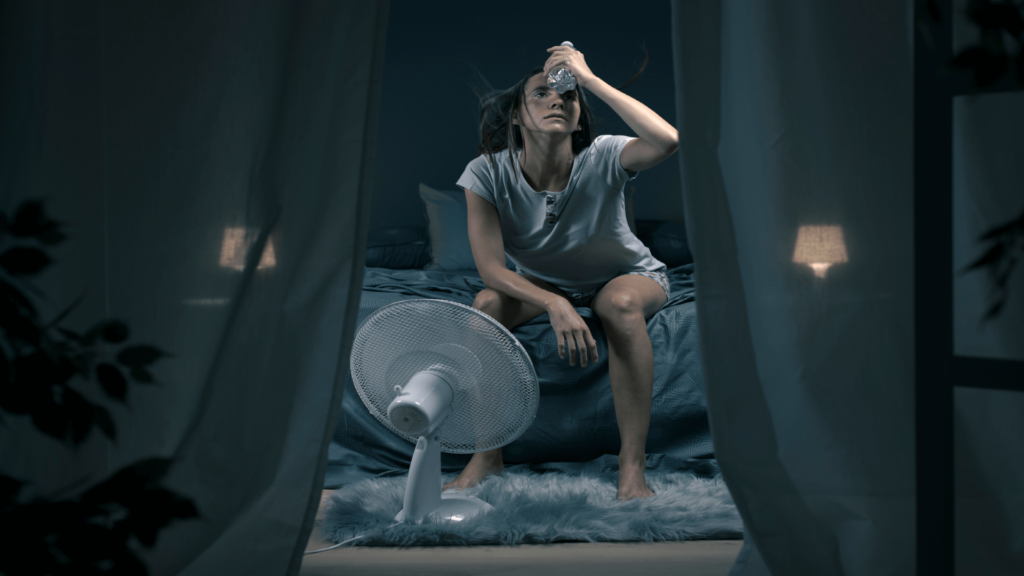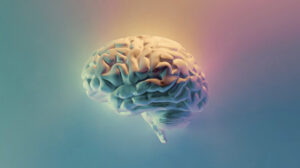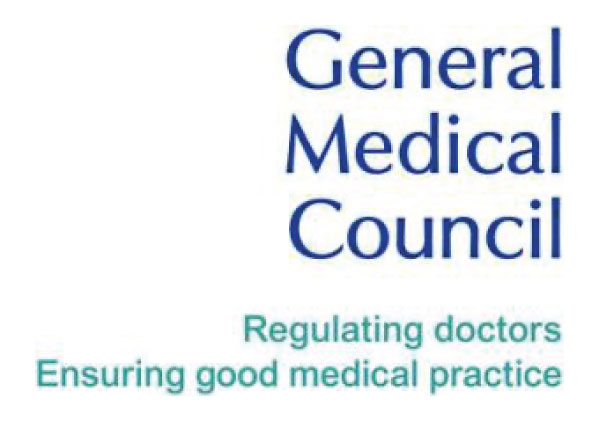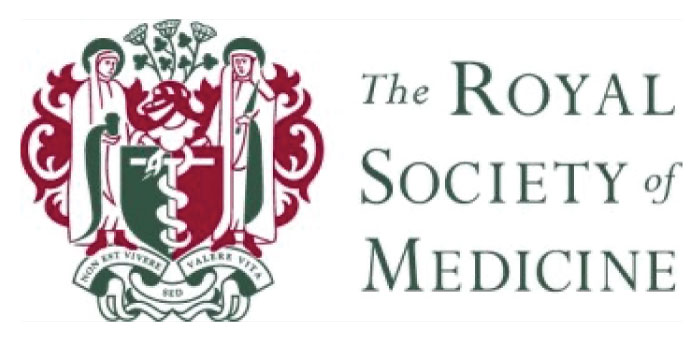
Common and Not-So-Common Menopause Symptoms
“What is wrong with me?” Laura asked her GP. “I can’t sleep because I get so hot; I wake up drenched in sweat. I’m gaining weight though I haven’t changed my diet or exercise habits, and I’ve become terribly moody, which is unlike me. I feel like an old lady, though I’m just 42.”
“Nothing is wrong with you, it sounds like you’re perimenopausal, which is simply the time when your body begins to transition into menopause. We’ll check your hormone levels to be sure, but this is all normal, and nothing to worry about.”
Laura was afraid something was wrong because she was experiencing concerning symptoms she associated only with older women, while some of her contemporaries were still having babies. She believed the misconception that menopause only happened to women in their late 50’s.
In reality, perimenopausal and menopausal symptoms typically begin between the ages of 45 and 55 but can occur earlier. These symptoms may last several years until a woman has not had a period for 12 months and is considered postmenopausal. In the UK, the average age for a woman to begin menopause is 51.
Menopause is a natural transition, but the symptoms that accompany it can create real challenges.
In this post, we’ll dive into the common symptoms of menopause, including hot flushes, night sweats, mood swings, and more. We’ll also explore some unusual symptoms you might not have heard of, like electric shock sensations and burning mouth syndrome.
Whether you’re just starting to experience menopause or have been dealing with it for some time, this post will provide a comprehensive guide to understanding menopause symptoms and a potential treatment option.
Common Menopause Symptoms
Perimenopause and menopause are marked by changes in hormone levels, including progesterone, oestrogen, and testosterone. These hormones are critical to many bodily functions, and a decrease in these hormones leads to the symptoms discussed below.
Over 75% of women experience one or more menopausal symptoms. These symptoms can vary in both intensity and duration. You may experience only a few symptoms with relatively mild disruptions to your daily life, or you may experience debilitating side effects from several symptoms. Below, the most common symptoms of menopause are reviewed, followed by some symptoms that are much more unusual to experience.
- Irregular periods are one of the first signs of menopause. As your body stops producing as much oestrogen, your menstrual cycles become irregular and eventually stop altogether.
- Hot flushes are a sudden body heat sensation, often accompanied by sweating and flushing. They can occur at any time of day or night and can last anywhere from a few seconds to several minutes.
- Night sweats are sweating episodes during sleep, often accompanied by hot flushes. They can be so severe that they wake you up and disrupt your sleep.
- Irregular heartbeat can occur, with fluttering or palpitations (faster heartbeat than normal) happening during hot flushes.
- Fatigue can range from feeling slightly worn out to debilitating fatigue, making it difficult to get out of bed or perform daily activities.
- Sleep disturbances – sleep can become lighter or easily disrupted. You may have trouble falling asleep, often waking throughout the night (typically due to night sweats), or you may wake earlier.
- Mood swings can be caused by hormonal changes, stress, lack of sleep, or other factors. Common mood swings include irritability, anxiety, depression, and, more rarely, intense rage.
- Brain fog includes difficulty concentrating and problems with focus and memory.
- Headaches can range from more frequent, low-level headaches to raging migraines in women who have never experienced them.
- Weight gain – ‘Menopause belly’ is real, with many women gaining weight in their midsection during menopause.
- Joint pain and stiffness
- Urinary incontinence – also called stress incontinence or overactive bladder, is a sudden or frequent urge to urinate. Changes in hormone levels weaken the bladder and pelvic muscles, making it more difficult to hold urine.
- Dry, wrinkled skin
- Hair loss or thinning –hair thinning or loss can be a distressing symptom of menopause.
- Reduced sex drive (decreased libido) – hormonal decreases, vaginal dryness, mood swings, and stress can lead to a lower sex drive.
- Vaginal dryness is a common symptom of menopause that can cause discomfort or itching during sex.
- Vaginal pain – the thinning of tissues in the vagina and vulva can make them more likely to become irritated or inflamed, leading to tearing, bleeding, or pain during intercourse.
Less Common Menopausal Symptoms
- Electric shock sensation is when you feel a mild to strong jolt of pain like an electric shock running throughout your body. These sometimes occur right before a hot flush but may also happen independently.
- Problems or changes with the mouth and gums – dry mouth, tooth decay, and swelling or bleeding of the gums may occur. Some women experience changes in taste, such as food having much stronger flavours during this time, and very rarely do women report a metallic taste in the mouth.
- Burning mouth syndrome is a rare but uncomfortable symptom of menopause, which can cause a burning or tingling sensation in the mouth and on the tongue.
- Allergies can be triggered or worsened by hormonal changes during menopause.
- Dry, brittle nails
- Dry or itchy eyes
- Digestive problems can include bloating, gassiness, constipation, and diarrhoea.
- Dizziness
- Tingling or numbness in the hands and feet
- Muscle tension, stiffness, and aches
- Breast changes can include breast tenderness, discomfort, and losing fullness in the breasts.
- Tinnitus or ringing in the ears can range from a minor annoyance to a constant distraction.
- Increased body odour can result from increased sweating, hot flushes, and night sweats. The consistency and odour of vaginal discharge also change during menopause.
- Formication is the feeling of insects crawling on or under the skin. This is a hallucination where it feels like it is happening but is not.
- Altered spatial awareness – changes in depth perception can impact the awareness of surroundings, which may lead to being more prone to accidents. This can be of great concern if you’re also experiencing osteoporosis.
- Cold flushes are when you experience a sudden and intense chill or shivering. These can happen spontaneously or immediately after a hot flush as your body attempts to regulate its temperature.
Bioidentical Hormone Replacement Therapy (BHRT) for Menopause
Thankfully, you can take steps to reduce or eliminate many of these symptoms of menopause. Bioidentical Hormone Replacement Therapy (BHRT) is an excellent treatment option for menopause symptoms. BHRT uses hormones identical in molecular structure to those produced by the human body.
BHRT offers several advantages over traditional HRT. First, because bioidentical hormones are identical in structure to those produced by the body, they may be better tolerated and have fewer side effects than synthetic hormones. Secondly, BHRT can be individualised based on your specific hormone levels and symptoms, allowing for more precise dosing and better symptom relief.
Conclusion
Menopause is a natural part of life but doesn’t have to be a source of discomfort or distress. By understanding the range of menopause symptoms and treatment options available, you can take steps to manage your symptoms, improve your quality of life and prevent age-related diseases. Schedule a virtual consultation with one of our Personalised BHRT Specialist Doctors to learn how BHRT can help you balance your hormones and relieve menopausal symptoms.
Final Thought:
“The biggest myth about aging is that we can’t do anything about it. That’s the road to being decrepit, frail, and sick.” – Suzanne Somers
If you enjoyed this article, please consider sharing!









